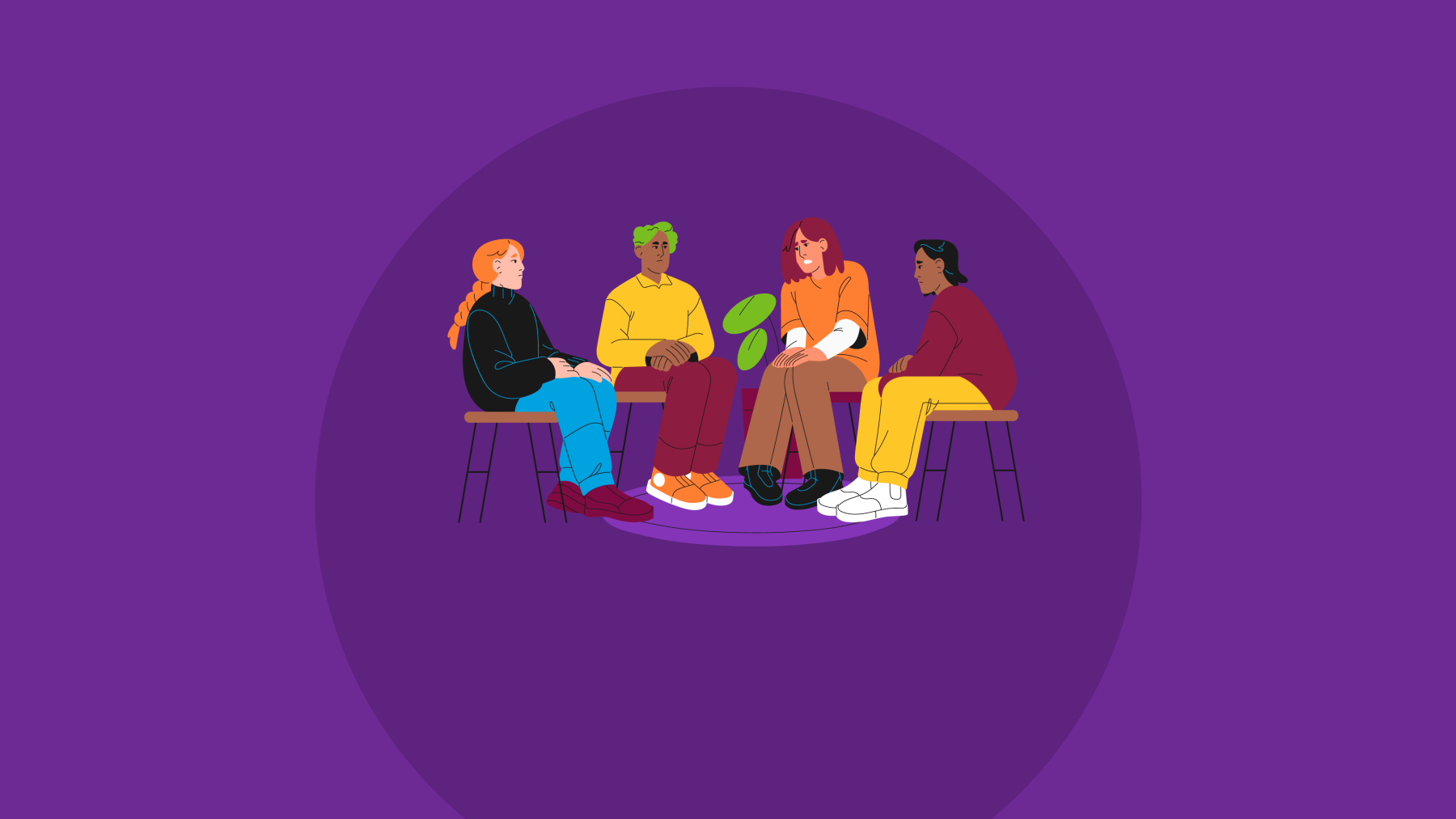
How to take a stand during Domestic Violence Awareness Month
Every October marks the start of Domestic Violence Awareness Month (DVAM), when the nation takes a stand against abuse and mistreatment amongst partners and the stigmatization surrounding the issue. Regardless of your background or identity, you are entitled to physical and emotional safety within a romantic partnership; if you or someone you know is experiencing any form of abuse it’s important to reach out for support. At Arizona State University (ASU), we are committed to spreading awareness about this issue and remind you that there is always hope and resources available.
What is Domestic Violence Awareness Month?
One of the most impactful aspects of DVAM is its influence over the community when it comes to standing in solidarity to mourn, connect, celebrate and strategize widespread change. This month-long occasion intends to gather victims, survivors, advocates, professionals and families to shed light on the issue of mistreatment in domestic partnerships and raise awareness about its consequences. Because of the stigmatized nature of the conversation, all voices must be a part of the movement to foster positive change and improve and safeguard lives.
Types of abuse
We may have a limited or singular idea of what constitutes domestic violence due to how it’s portrayed in the media and our culture. It’s essential to recognize that mistreatment can take many forms. According to the Arizona Coalition to End Sexual and Domestic Violence, all of these actions fall under the spectrum of abusive behavior:
- Physical abuse
- Sexual abuse
- Emotional abuse and intimidation
- Isolation
- Verbal Abuse: Coercion, threats and blame
- Using privilege
- Economic abuse
- Control
Consider this if you are worried about a friend or someone you know — visible bruises are not the only indication that something is wrong at home. Similarly, if you’re unsure if you’re being abused, remember that emotional mistreatment like name-calling and bullying, keeping you isolated from friends or family and withholding money all indicate domestic violence.
Recognizing survivors
Another key tenant of DVAM is visibility. The stigmatizing idea that domestic violence is a burden that should be dealt with silently keeps many in the dark and feeling alone. It is dangerous to leave someone to fend for themselves or to posit that abuse is only real if it's physical. That is why breaking that harmful idea is essential by platforming survivors who can share their stories. Though it's necessary to learn from allies like therapists, counselors, medical professionals and law enforcement — it can be more comfortable to connect to someone with first-hand experience with an issue who has overcome it. By gathering information and resources for change from someone with personal experience – this issue can begin to shift for the better.
Resources and events
If you want to connect to a professional who can help you through tough times, ASU’s Educational Outreach and Student Services offers support, including individual counseling, family resources and student career development. For staff, the Employee Assistance Office offers counseling and resources.
- ASU Counseling Services provides counseling support for Sun Devils at no cost.
- Open Call and Open Chat: Connect with emotional health and well-being support 24 hours per day, 7 days per week, from anywhere in the world. For more information and to create your account, visit eoss.asu.edu/counseling/open-call-and-open-chat.
- ASU’s dedicated crisis line through EMPACT: 24/7, immediate availability, call 480-921-1006.
Additionally, there are events in October to learn more and get involved with, like Wear Purple Day, to raise campus awareness about domestic violence. ASU’s Sexual Violence Awareness Prevention and Response team has a litany of resources and events to choose from, and there is something for everyone. Also, Educational Outreach and Student Services participate in the effort to spotlight survivors and provide support; view their events calendar here.
More stories from the Graduate Insider

Graduate education is an adventure
About eighteen months ago, I set out on a journey walking the islands of the Dodecanese during a sailing trip in Türkiye and Greece with several friends. Along the way, I found winding paths, timeless villages and breathtaking views of sea and sky. That experience got me thinking about how adventure shows up in other parts of life, especially in learning.

Mentoring matters: Mentoring students through impostor syndrome
Graduate education can be an exhilarating journey — but for many students, it also brings moments of self-doubt and uncertainty. In our recent Mentoring Matters panel, “Mentoring Students Through Impostor Syndrome,” Graduate College Senior Associate Dean Dr. Lisa Anderson sat down with Dr. Rebecca Wachs, Associate Professor in the School of Biological and Health Systems Engineering, and Dr.

Finding your flow: Managing the graduate writing process
Graduate writing can feel like a marathon—long, demanding, and full of unexpected detours. But as Tristan Rebe, Program Manager for the Graduate Writing Center, reminded students in the Grad15: Managing the Writing Process webinar, writing is not about perfection—it’s about progress. “The best dissertation is a done dissertation,” Rebe said, quoting Robert Frost: the best way out is through.